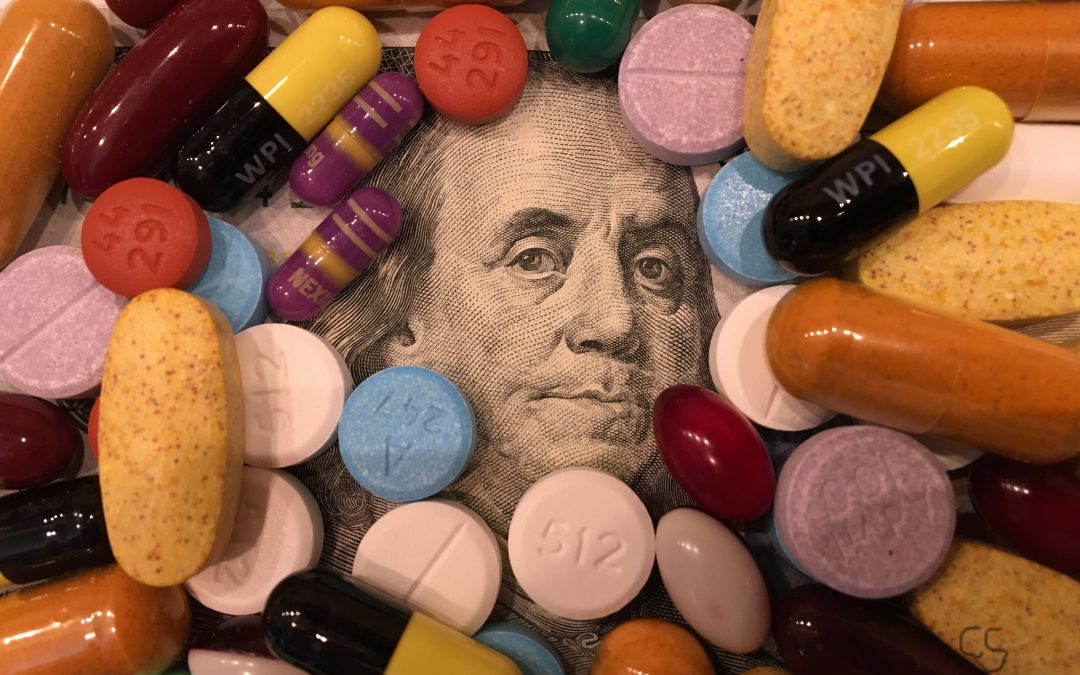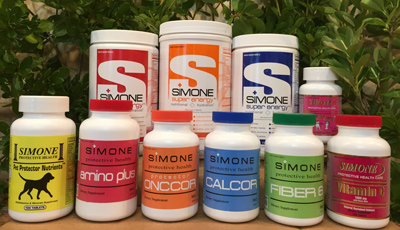We do not diagnose disease or recommend a dietary supplement for the treatment of disease. You should share this information with your physician who can determine what nutrition, disease and injury treatment regimen is best for you. You can search this site or the web for topics of interest that I may have written (use Dr Simone and topic).
“We provide truthful information without emotion or influence from the medical establishment, pharmaceutical industry, national organizations, special interest groups or government agencies.” Charles B Simone, M.MS., M.D.
DRUGS THAT COST THE MOST, EFFICACY, GLOBAL PRICES
Charles B. Simone, M.MS., M.D.
Other Similar Reports
WEIGHT LOSS: GLP-1 PRESCRIPTION DRUGS OR NUTRIENTS LIFESTYLE Dec 21, 2024 https://tinyurl.com/48u6hvbx
PLEASE REVIEW THE TABLES IN THE DRUGS pdf file: the Ten Most Costly Drugs in 2017 for Medicare Part D (Outpatient Prescriptions) and the Ten Most Costly Drugs in 2017 for Medicare Part B (Physician Administered Drugs); drug efficacy as determined by Cochrane Reviews, and comparative global prices obtained from internet sites. The patient and taxpayer pay for these drugs. If they are beneficial, we should use similar or identical drugs that cost significantly less from other countries.
Sometimes there are financial conflicts that arise when one treatment is considered over another. Sometimes Big Pharma makes a drug that simply alters something in the blood like the amount of hepatitis C virus, but the drug does not extend life or improve the quality of life. And sometimes medical papers show a new drug is cost effective by using statistical manipulation, computer modeling, arbitrary blood/cellular cutoff values like PD-L1, and arbitrary Willingness-To-Pay (WTP) price points. It has been said that the chief beneficiaries of treatments that don’t change survival and cause harm, including cancer and death, are often some in the medical community, pharmaceutical companies, and their stockholders.
We need to think in terms of effective or noneffective treatment and tell patients about treatments in those terms. Doctors are considered unimpeachable in the eyes of the public and, according to some, “easy prey” whose behavior could be easily swayed by marketing.
Big Pharma sometimes promotes their drugs as being effective by using the same playbook – obtain science/medical information funded by U.S. taxpayers, pay doctors to do studies, pay for the studies, review medical manuscripts before they are submitted to desirable medical journals, get published, pay “thought leader” doctors to read verbatim the seminar slides provided by Big Pharma touting the drug’s positive effects, pay doctors to listen to these “seminars,” and get those drugs into pharmacies. The doctors who attend these seminars promoted by Big Pharma are more likely to write prescriptions for the drug being discussed.
And perhaps, as I have written in the past, aggressive treatment to keep a person alive in the last several weeks of his or her life would stop if the patient and the family were truly informed about the futility of such efforts. The costs of health care provided to a patient in terminal stages in a hospital are enormous and consume anywhere from 20 to 30 percent of all the health-care dollars. The patient and the family may be responsible for this because they “want everything done.” The physician is partly responsible because “our technology should help these patients.” And the legal profession may, in part, be responsible as well; if everything is not done, will the family sue the physician?
I have used Cochrane Reviews for evaluation of each drug’s efficacy and some published articles when Cochrane has not. Cochrane reviewed the available published medical papers, but some of these papers compare the drug only to placebo and not to existing inexpensive treatments, thus conferring a favorable outcome for the drug.
Our (Cochrane) mission [is] to provide accessible, credible information to support informed decision-making…for improving global health. Cochrane produces systematic reviews of primary research in human health care and policy. Each Cochrane Review addresses a clearly formulated question. In the Internet age, people have much greater access to health information, but little way of knowing whether that information is accurate and unbiased. Cochrane is committed to independence, transparency, and integrity in healthcare research. We do not accept commercial or conflicted funding. This is vital for us to generate authoritative and reliable information, working freely, unconstrained by commercial and financial interests. https://www.cochrane.org/evidence
In 2018, CMS spent nearly $1.4 billion on peg-filtrastim (aka Neulasta) compared to the estimated $2.4 billion spent on radiation…all of radiation.
https://www.cipa.com/ Canadian International Pharmacy Association (CIPA)
February 9, 2025 – President Trump says this:
“It’s very unfair, the identical package made in the same factory shipped to different places, but made literally in the same factory. In London it’s [GLP-1 drugs] $88 and in New York it’s $1,200 and you can’t get it. And the reason is because everything is added on to the United States because the United States has been too nice… I’m going to solve that problem one way or the other…it’s not fair in other countries, you go to Canada all of the drugs are much less expensive. I suggested that some of the governors should go buy their drugs in Canada and send them back to here.”
© 2020 Charles B. Simone, M.MS., M.D.



